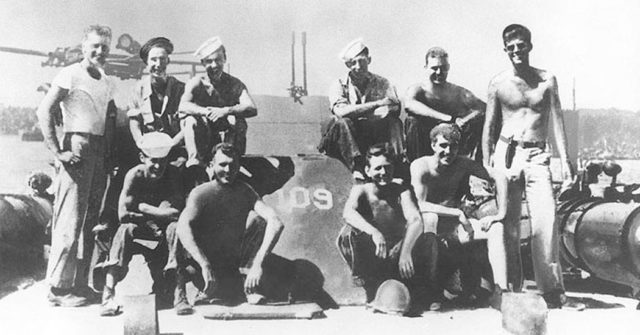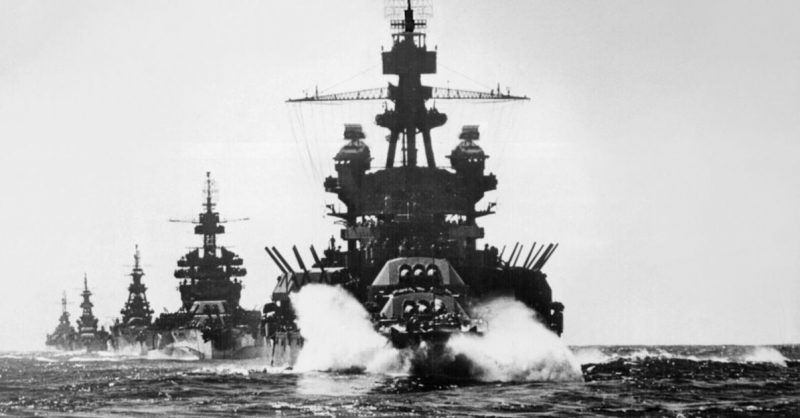Norman R. Hameister’s uncle gave him some advice before he enlisted in the military during World War II. His uncle Charlie had served in the US Army in World War I and knew the dangers there. So Hameister enlisted in the Navy when he was 17 after only two years of high school. His uncle signed the early enlistment papers since Hameister’s parents both died before WWII began.
Hameister still ended up in enemy fire while he served in the Pacific, operating a power wench to unload ships in Tulagi. The Japanese frequently attacked their base.
Hameister and the others at the base had rifles they would use to fire back at the Japanese planes. Hameister said that the sound of the shells hitting the ships was loud.
The runways at the base would also be attacked by the Japanese, so Hameister joined in to help rebuild them.
“They’d bomb the runways at night and we’d be out the next morning fixing them with our heavy equipment.”
One time, when Hameister was loading a PT Boat, he met the captain of the ship. The commander was John F. Kennedy who went on to be a war hero, saving the crew of PT-109 after it was destroyed and then going on to be the president of the US.

“If I’d known he was going to become president, I would have shaken his hand,” he said.
At another time, he met Byron White who Kennedy would one day appoint to the Supreme Court.
In spite of many close calls, Hameister was never hit by enemy fire. A fact for which he is extremely grateful.
When he returned home to Buffalo after the war, he began working in the carpentry trade.
In 1950, he married his wife Elaine, nee Fouchie, and raised two sons with her, Russell and Todd.
Hameister was a coach in community youth baseball and football for about 25 years.
He received his high school diploma along the way. He also visited high school classroom often to share his experiences during the war, The Buffalo News reported.
“It was wonderful to share what we had gone through in the war,” he said.
